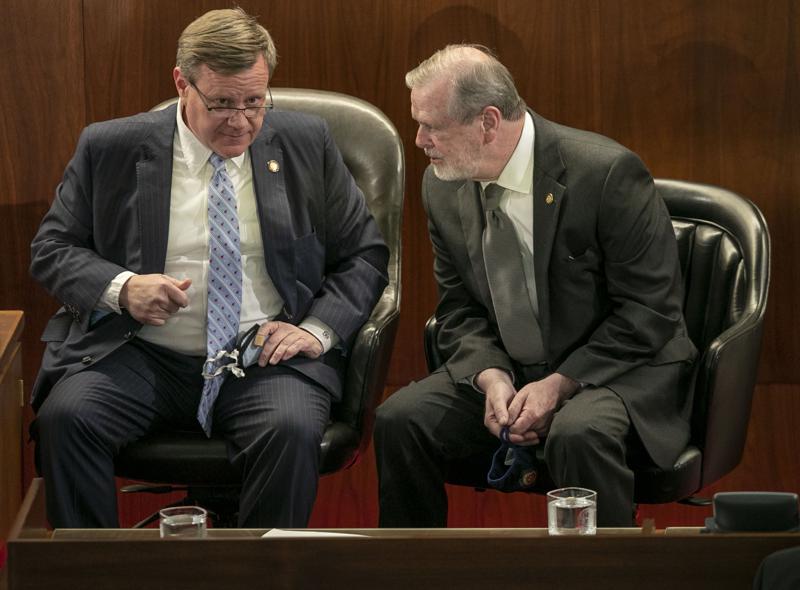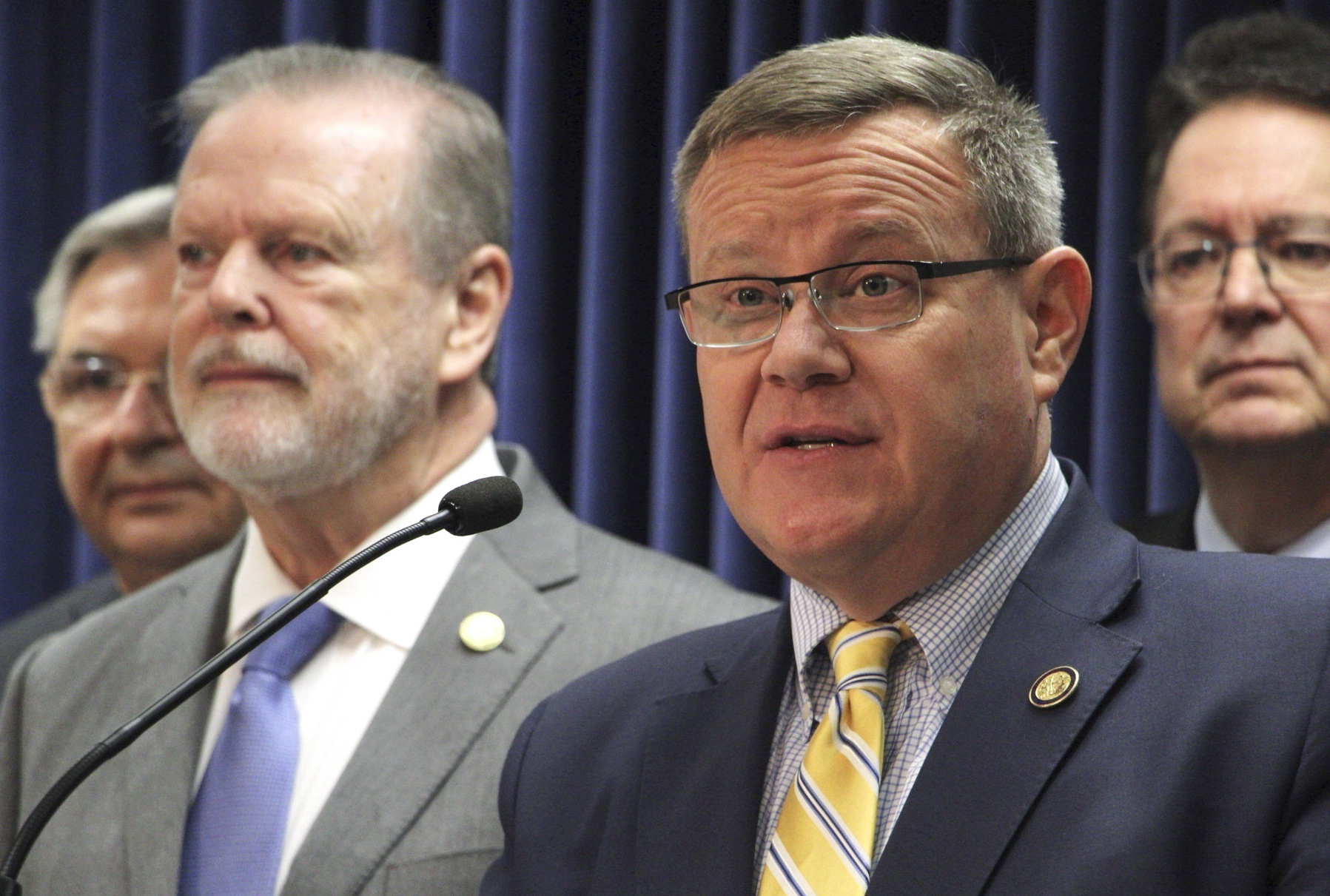When it comes to addiction, education and awareness are key to getting people the help they need. Not all addictions, however, are easy to spot, in turn making them even harder to treat.
At the start of the month, Governor Roy Cooper signed a proclamation declaring March Problem Gambling Awareness Month – a time dedicated to shining a light on what is called the “hidden addiction.”
Leading the charge during Problem Gambling Awareness Month is the North Carolina Problem Gambling Program, or NCPGP. Funded by the North Carolina Education Lottery and supported by the North Carolina Department of Health and Human Services, the NCPGP has been providing prevention and treatment services related to problem gambling since 2005.
Amanda Winters is the Program Administrator for the NCPGP. She said problem gambling is any gambling behavior that disrupts a person’s life. In extreme cases, problem gambling can result in financial ruin, legal problems, loss of career and family or even suicide.
“It’s a really serious concern,” Winters said. “One in five people who have been diagnosed with gambling addiction consider suicide and five percent of those have attempted it. So, compare that to the wider population of 0.6 percent and that alone should explain why this disease needs more attention.”
Winters said while most people can engage in gambling at a recreational level, five percent of North Carolinians meet the criteria for a clinical gambling addiction diagnosis.
“When you think about it and say only five percent of people – that doesn’t seem like a lot,” Winter said. “But if you compare that to people with naturally occurring green eyes, less than two percent of the population has naturally occurring green eyes. Same thing with red hair. So, I think having people understand that this is a more pervasive and more prevalent problem than is realized is an important first step.”
Higher prevalence rates of problem gambling are found in people in their teens and twenties – predominantly men. Ethnic minorities, active-duty military, veterans, older adults, and individuals with a history of mental illness or substance use disorder are also considered at-risk.
“So, about 96 percent of people who experience a problem with gambling also suffer from another mental health concern or substance use addiction,” Winters said.
While a significant portion of the population may suffer from gambling problems, Winters said many suffer in silence, as compulsive gambling is known as the “hidden addiction” for a reason.
“It’s something you can’t detect on somebody, there are no blood tests that would determine if someone has been gambling or if someone is craving gambling,” Winters said.
Despite being difficult to recognize, Winters said problem gambling is a treatable disease. Like any other addiction, steps can be taken to break the hold gambling has over a person and the lives of their family. She said the first step to getting more people help is education.
“Having the conversation and making gambling a part of how we talk to children, how we talk to youth, how we talk to at-risk individuals is how we begin to start to destigmatize it,” Winters said.
For more gambling addiction resources, help, and treatment options click here.
Be sure to check out the last issue of “Addressing Taboo Topics” regarding the prevalence of schizophrenia here.
Have a taboo topic that you feel needs to be addressed? Send your ideas to elle@wchl.com.
Chapelboro.com does not charge subscription fees. You can support local journalism and our mission to serve the community. Contribute today – every single dollar matters.










